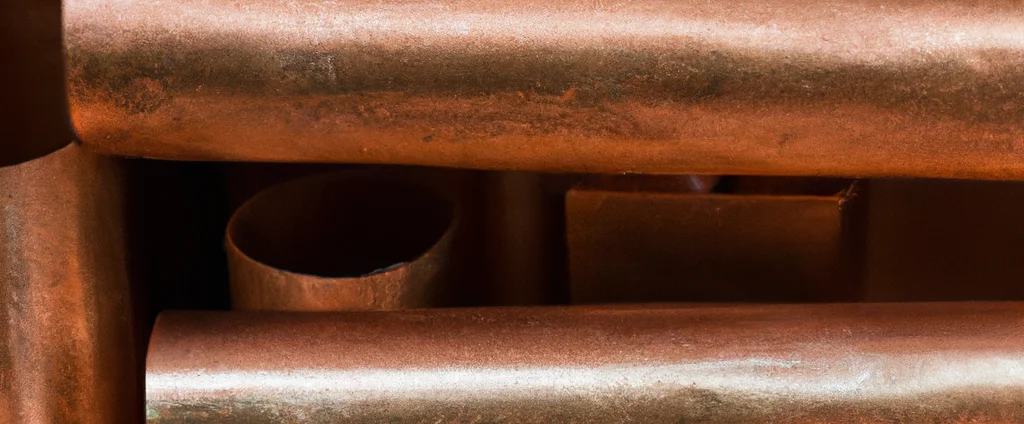Copper Nickel (UNS C70600)

Copper Nickel C70600 is a copper-nickel alloy renowned for its outstanding seawater corrosion resistance and biofouling resistance. It is widely used in marine engineering, desalination systems, and offshore applications.
| Chemical Composition | ||
|---|---|---|
| Element | Min | Max |
| Copper | —— | Remainder |
| Iron | 1.0% | 1.8% |
| Lead | —— | 0.05% |
| Manganese | —— | 1.0% |
| Nickel | 9.0% | 11.0% |
| Zinc | —— | 1.0% |
The following table provides a list of copper C70600 properties in both SI and US customary/Imperial units.
Click on the button to switch between Metric and Imperial units.
| Physical Properties | Metric |
|---|---|
| Density | 8940 kg/m3 |
| Mechanical Properties | Metric |
| Tensile Strength (Ultimate) | 300 - 420 MPa |
| Tensile Strength (Yield) | 110 - 400 MPa |
| Young’s Modulus (E) | 120 GPa |
| Shear Modulus (G) | 46 GPa |
| Elongation at Break | 42% |
| Poisson’s Ratio (ν) | 0.34 |
| Thermal Properties | Metric |
| Melting Point | 1100 - 1150 °C |
| Thermal Conductivity | 44 W/m·K |
| Specific Heat Capacity (Cp) | 380 J/kg·K |
| Coefficient of Thermal Expansion (αL) | 1.71×10-5 1/°C |
| Electrical Properties | Metric |
| Electrical Conductivity | 5.22×107 S/m |
| Electrical Resistivity | 1.9×10-7 Ω·m |
The values in this table are approximate and can vary depending on various factors such as the specific manufacturing process and heat treatment applied to the alloy.
Advantages & Disadvantages of Copper Nickel C70600
| Advantages | Disadvantages |
|---|---|
| Excellent corrosion resistance | High cost |
| Good strength and ductility | Reduced strength at elevated temperatures |
| Resistance to biofouling | Limited availability |
| Ease of fabrication |
Applications of Copper Nickel C70600
Copper Nickel C70600 finds applications in various industries due to its excellent corrosion resistance and other favorable properties. Key applications include:
- Marine and Offshore Applications: This alloy is extensively used in marine environments, particularly in seawater piping systems, heat exchangers, condensers, and other components in ships, offshore platforms, and coastal installations. Its resistance to corrosion, biofouling, and erosion makes it suitable for these demanding applications.
- Desalination Plants: Commonly used in desalination plants where seawater is converted into freshwater, it’s employed in heat exchangers, condensers, and piping systems due to its corrosion resistance and ability to withstand high-pressure seawater environments.
- Chemical and Petrochemical Industry: The material is utilized in the chemical and petrochemical industry for applications involving corrosive fluids and environments, particularly in process equipment, heat exchangers, and piping systems where resistance to corrosion is crucial.
- Power Generation: Employed in power generation facilities, including power plants and nuclear reactors, it’s used in condenser tubes, heat exchangers, and other components due to its excellent corrosion resistance and thermal conductivity.
- HVAC Systems: Used in heating, ventilation, and air conditioning (HVAC) systems, particularly in heat exchangers, evaporator coils, and other components where resistance to corrosion and good thermal conductivity are essential.
- Medical and Healthcare: The material’s antimicrobial properties also find applications in medical and healthcare settings, particularly in water distribution systems, fittings, and surfaces to inhibit the growth of bacteria and ensure sanitary conditions.
